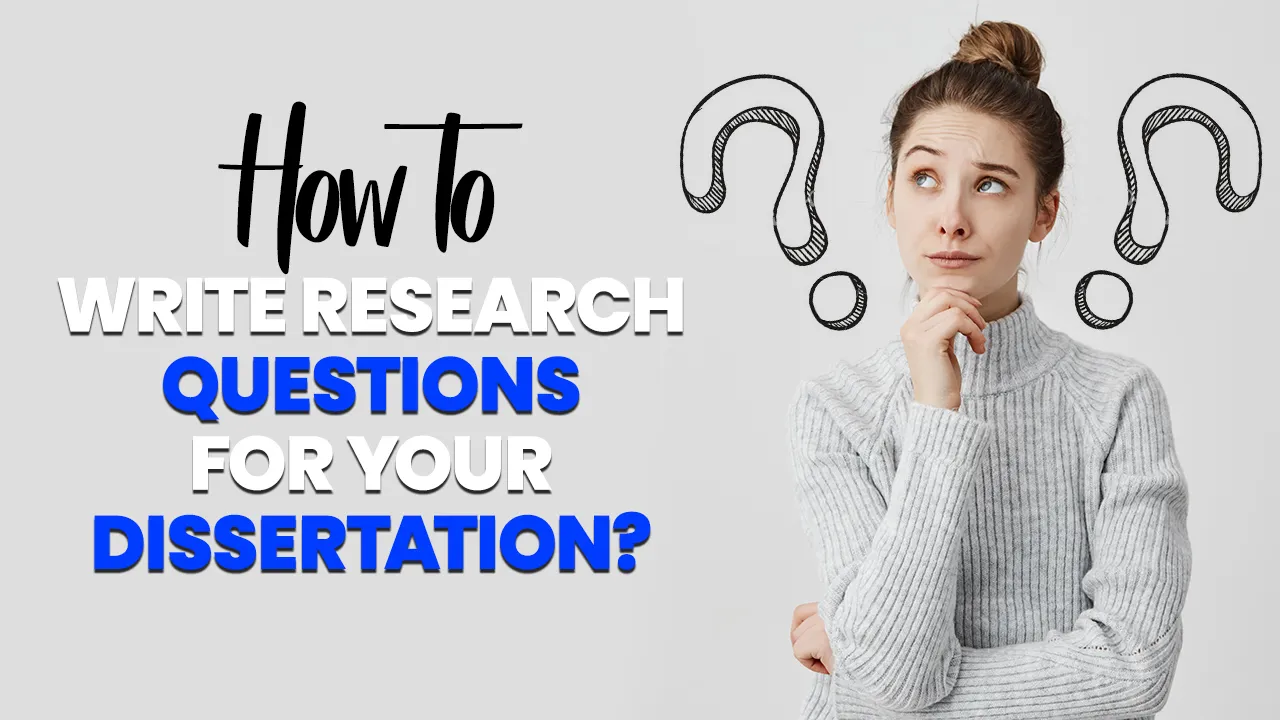What are The Different Types of Literature Reviews?

Contents
Introduction
A literature review is a task that is to be performed by the researcher in the process of writing a dissertation. The PhD thesis writing services provide all the relevant services in relation to it. A literature review is all about going through past dissertations to understand and know what issues were addressed and which are left untouched.
It is the most essential activity as it is helpful in many ways in research. Many types of literature reviews are being used in the study by the researchers according to the requirement. Below are some of them that are being discussed in brief.
List of Various Literature Reviews
1. Narrative or Traditional Literature Reviews
According to many scholars, it is an essential part of the research they conduct and also helps establish a theoretical framework, which is necessary for the study. A literature review is helpful in reviewing all the identified patterns and trends so that it can become easy for you to get information about the gaps. This literature review is going to focus on the research questions that are going to justify your research. The literature review can brief you more about it

2. Scoping Reviews
The main job of this literature review is to let scholars identify all the research questions that have been discussed in the past literature. It is said that the scoping reviews need to have a rigorous approach, which is very similar to the systematic one. This is the literature review that includes the protocol and methods that are being appropriately documented.
It does not have the goal of producing the results that are synthesised in context to the specific questions. Instead, it focuses on the fact of giving the blueprint or a synopsis of the evidence. The dissertation consultants will let you know more about the reviews.
3. Systematic Literature Reviews
The systematic literature review is helpful in identifying and selecting appraises in the research in terms of giving a clear answer to the question that is being formulated. This review makes sure that all the protocols and rules are followed strictly before starting with the research process.
The scholars do as per the guidelines of the review system in order to complete it successfully. The review also has the feature of identifying the type of information selected along with the time frame. The literature review example must be checked by the scholars.
i. Keyword Variation:
The scholar needs to use variations in the keywords throughout the entire text, for example, "thesis literature review help." This is the approach that is helping in capturing the attraction of the audience.
ii. Fresh Content:
It is crucial to mention all the essential and latest research trends that are flowing in the space. This is the way to check how the content is unique and relevant to your topic of research. It is necessary to come up with the new content as it is the first point mentioned in the list of research guidelines.
To continue your insightful journey, approach us now and explore more What to Include in a Literature Review.
Frequently Ask Questions (FAQ's)
1. What are the Major Parts of the Literature Review?
A literature review is a document that comprises three parts, those are Introduction, Main Body, and Conclusion. Each of the sections mentioned plays a very crucial role in presenting a well-structured overview of the natural and relevant research done on the topic of the study.
2. What are the main 5 Rules for Writing a Literature Review?
The 5 main rules for writing a literature review are:
- Firstly, define the scope and purpose of the research.
- Then, you need to do a Systematic search and select all the relevant and accurate resources.
- Next, do a complete analysis of the literature and highlight all the key themes.
- After that, there happens the Critical evaluation of the sources, and all the methodologies are considered.
- Lastly, present the review and arrange all the findings logically in a transparent way.
3. 5 C's of the Literature Review:
5 C's of the Literature Review are:
- The Coverage is about Ensuring the exploration of all the relevant sources.
- The Critique is the Evaluation of all the strengths and weaknesses of every single source.
- The Comparison is about the Identification of all the commonalities and differences that are among various works.
- The Contrast is all about Highlighting the conflict that comes in the findings.
- The conclusion is the section that showcases all the key themes and gaps.
4. What is the Process of Writing a Literature Review?
Please start writing your literature review by defining all your scope and objectives. Their strengths and weaknesses followed them. The literature review should be accurate in context to the information.
5. What are the 4 Elements of a Literature Review?
The 4 Elements of a Literature Review are:
- First comes the Problem Formulation, in which the research question or problem is defined.
- Next is the Scope of the Review, where the Establishment of the boundaries and criteria happens.
- Followed by the Critical Evaluation of strengths and weaknesses of the literature.
- Also, the Synthesis of Information happens when the Integration of findings is done.
Conclusion
To conclude, all the literature reviews that are being discussed above are different from each other and have their way of processing, which is to be followed by the researcher in the research. It is essential to follow the discipline factor of doing the literature reviews because only then will it be done correctly without any complications.
Having an understanding of the various important literature reviews makes things easier for scholars while writing the thesis as they are aware of the information that is to be written by them in it. So, all the scholars are paying extra attention to know them in detail.
Your email address will not be published. Required fields are marked *
Recent Post

03 Dec 2024
Dissertation Help for International Students



Thank you for sharing such valuable information with us.This is exactly what I needed! I've been grappling with understanding the differences between traditional and systematic literature reviews, and this article clarified everything for me. It's like a roadmap for conducting effective literature reviews.
Wow, this blog post really opened my eyes to a new perspective! I found this article incredibly informative! It breaks down the various types of literature reviews in a clear and concise manner, making it easy to understand the differences between them. A must-read for anyone embarking on a research project!
This article provided me with a lot of valuable information. As a student, understanding the differences between integrative, meta-analysis, and scoping reviews has helped me immensely in structuring my research projects. Thank you for clarifying!
Your writing style is engaging and easy to follow.I appreciate how this article delves into not just the types of literature reviews, but also the methodologies and purposes behind them. It's comprehensive yet easy to digest, making it a go-to reference for researchers at any level.
This is such an important topic, and I'm glad you addressed it.This piece really helped me grasp the nuances between narrative, systematic, and scoping literature reviews. It's amazing how each type serves a unique purpose in research. Thanks for shedding light on this topic!